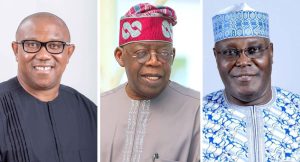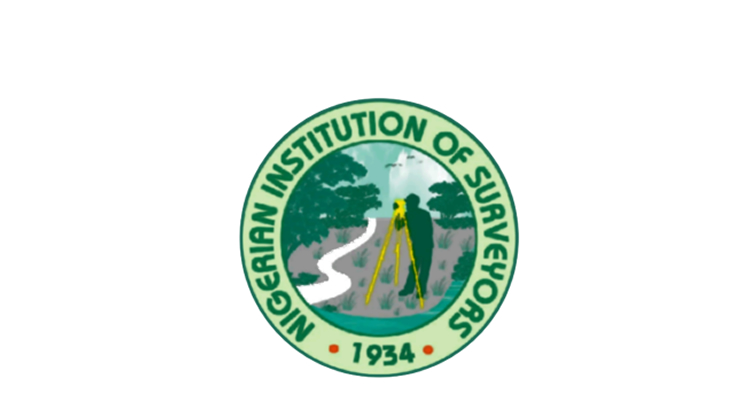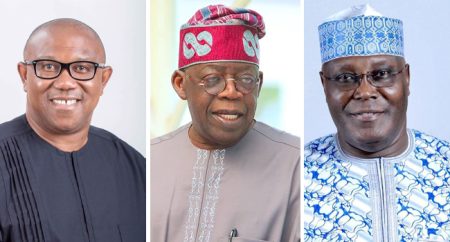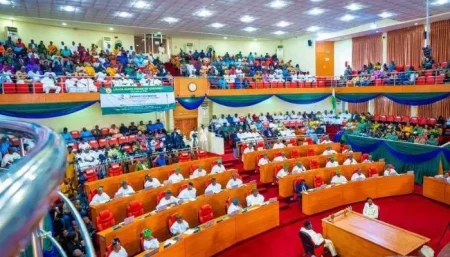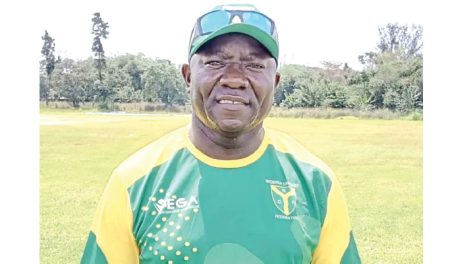A New Era for Nigerian Surveying: Embracing Innovation and Transformation
The Nigerian Institution of Surveyors (NIS) ushered in a new era of leadership with the inauguration of Pius Eze as its 24th President. During the 59th Annual General Meeting and Conference held in Enugu, Eze delivered a compelling inaugural address, outlining his vision for the institution and emphasizing the critical role of innovation in driving national development. He called upon members to embrace cutting-edge technologies and work together to reposition the surveying profession for the challenges and opportunities of a rapidly evolving world. Eze’s presidency promises a focus on professional excellence, youth empowerment, and advocacy for the vital contribution surveyors make to sustainable development in Nigeria.
Eze’s address highlighted the transformative potential of technology within the surveying profession. He stressed the need to leverage tools like geospatial data analytics and digital mapping to revolutionize surveying practices, planning processes, and community development. Recognizing the dynamic landscape of Nigeria’s urbanization, infrastructure growth, and ongoing technological advancements, Eze urged surveyors to adopt a proactive and innovative approach to their work. This forward-thinking perspective recognizes that surveyors are not merely practitioners of a traditional discipline, but rather key players in shaping the future of Nigeria’s built environment and sustainable growth.
The new president’s vision extends beyond technological advancement to encompass the development of human capital within the profession. He emphasized the importance of empowering young surveyors, equipping them with the skills and knowledge necessary to thrive in a technologically driven world. This focus on the next generation of surveyors demonstrates a commitment to ensuring the long-term vitality and relevance of the profession. By investing in young professionals, the NIS aims to cultivate a pool of skilled and innovative surveyors capable of tackling the complex challenges facing Nigeria’s future development.
Furthermore, Eze underscored the crucial role of advocacy in advancing the surveying profession. He pledged to actively promote the importance of surveyors in sustainable development, highlighting their contributions to responsible land management, urban planning, and infrastructure development. By raising awareness of the essential services provided by surveyors, Eze aims to elevate the profession’s standing and ensure its contributions are fully recognized and valued by policymakers and the public alike. This advocacy effort seeks to position surveyors as integral partners in achieving Nigeria’s sustainable development goals.
The conference also featured a keynote address by Professor Christian Anieke, Vice Chancellor of Godfrey Okoye University, Enugu. Anieke emphasized the profound societal impact of surveying, using both practical and spiritual arguments to highlight the profession’s significance. He reassured surveyors that advancements in artificial intelligence (AI) and cloud computing, while powerful tools, will not displace the human element within the profession. Anieke stressed that human interpretation and expertise remain crucial in the analysis and application of data, reaffirming the irreplaceable value of skilled surveyors.
Anieke’s address served to both acknowledge the transformative potential of technology and underscore the enduring importance of human expertise within the surveying profession. He acknowledged that AI and other technological advancements are reshaping the landscape of surveying, but emphasized that these tools are meant to augment, not replace, the skilled surveyor. This perspective reinforces the idea that surveyors, equipped with both traditional knowledge and cutting-edge technological skills, are uniquely positioned to navigate the evolving complexities of the profession and contribute meaningfully to Nigeria’s development. The conference therefore marked not only a change in leadership but also a reaffirmation of the profession’s commitment to embracing innovation while retaining the core values of expertise, integrity, and service to society.




